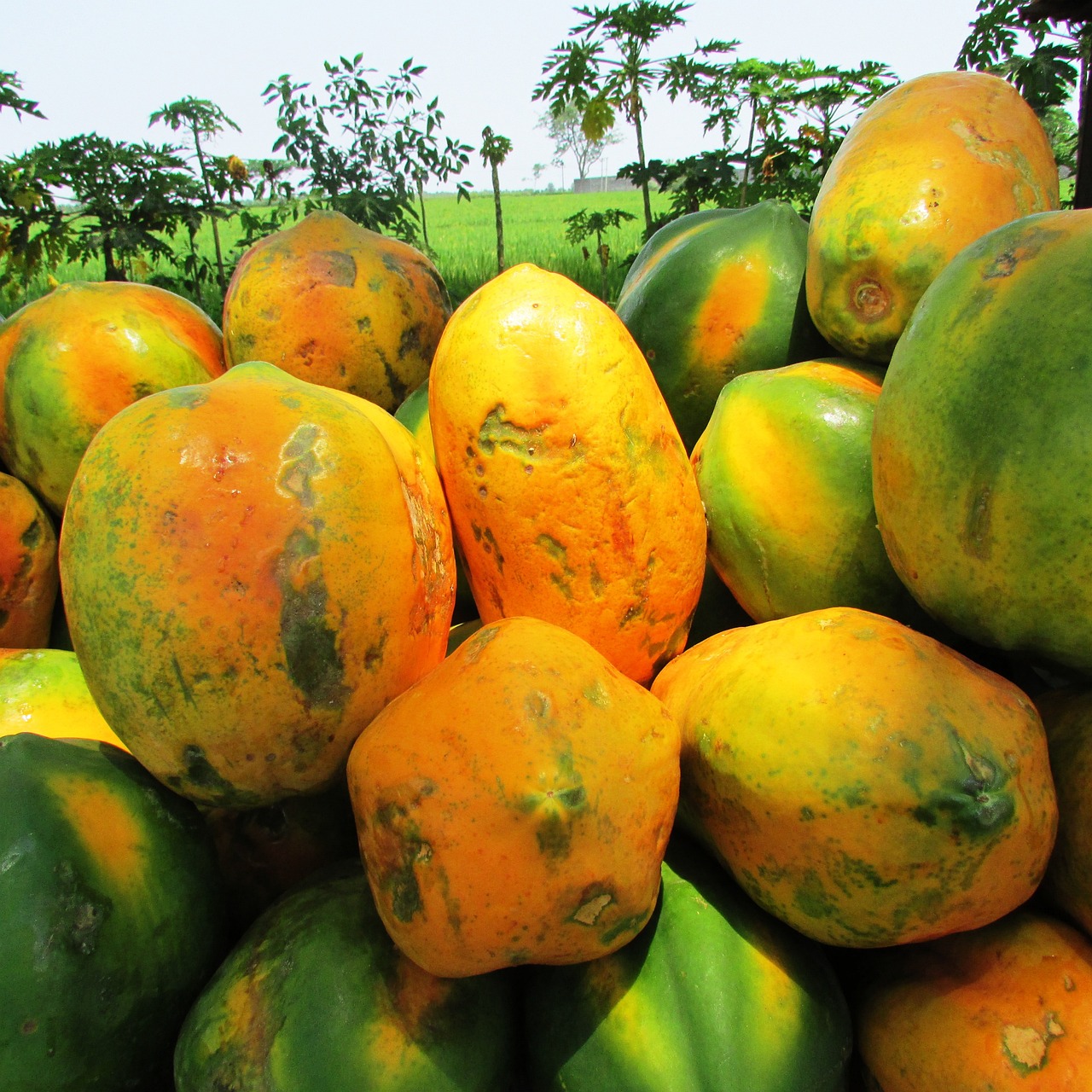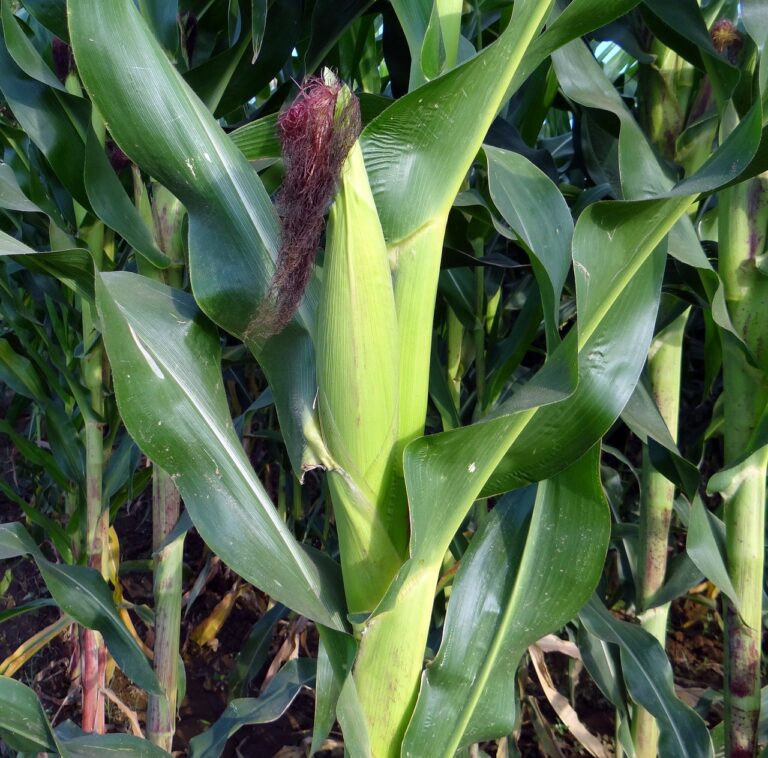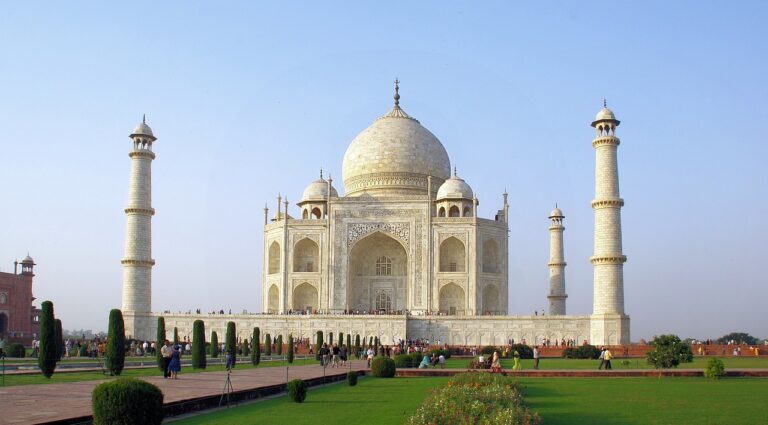The Impact of Supreme Court Decisions on Electoral Processes
The United States Supreme Court has played a pivotal role in shaping electoral laws throughout history. Its decisions have had far-reaching consequences on voting rights, campaign finance regulations, and redistricting practices. By interpreting the Constitution and federal laws, the Court has established legal principles that govern how elections are conducted at the federal, state, and local levels.
One of the most significant ways in which the Supreme Court influences electoral laws is by clarifying the boundaries of permissible government action. For example, landmark cases such as Buckley v. Valeo and Citizens United v. FEC have shaped the landscape of campaign finance regulation by defining the scope of permissible restrictions on political spending. Additionally, decisions like Shelby County v. Holder have had a major impact on voting rights laws by striking down key provisions of the Voting Rights Act of 1965, which aimed to prevent racial discrimination in voting practices.
• The Supreme Court’s interpretation of the Constitution and federal laws guides how elections are conducted at all levels of government
• Landmark cases like Buckley v. Valeo and Citizens United v. FEC have shaped campaign finance regulations by defining permissible restrictions on political spending
• Decisions such as Shelby County v. Holder have had a significant impact on voting rights laws by striking down key provisions of the Voting Rights Act of 1965
Challenges to Electoral Processes Post Supreme Court Decisions
In the aftermath of pivotal Supreme Court decisions on electoral laws, challenges to various electoral processes have become more pronounced. These decisions have set precedents that significantly impact the way elections are conducted, raising concerns about the fairness and inclusivity of the democratic process. The ultimate authority held by the Supreme Court in interpreting the constitutionality of election laws has the power to shape the landscape of electoral procedures for years to come.
The rulings made by the Supreme Court have the potential to either safeguard or compromise voter rights, with implications that extend far beyond individual cases. The ramifications of these decisions can determine the accessibility of polling stations, the validity of voter identification requirements, and the boundaries of political redistricting. The influence of the Supreme Court on electoral processes underscores the critical role of the judiciary in upholding the integrity of democratic principles in the realm of elections.
The Influence of Supreme Court Rulings on Voter Rights
In recent years, the Supreme Court has played a crucial role in shaping voter rights through its decisions on various cases. One such significant ruling was the Shelby County v. Holder case in 2013, which struck down key provisions of the Voting Rights Act of 1965. This decision had a profound impact on voting rights, particularly for minority communities, by removing federal oversight of states with a history of voter discrimination.
Furthermore, the Supreme Court’s rulings on gerrymandering have also had a notable influence on voter rights. The Court’s decision in Rucho v. Common Cause in 2019 deemed that partisan gerrymandering claims were beyond the reach of federal courts, allowing states to draw electoral districts without constraints. This ruling raised concerns about the potential disenfranchisement of voters and the manipulative practices that can influence election outcomes.
How does the Supreme Court play a role in shaping electoral laws?
The Supreme Court interprets the Constitution and has the authority to review and rule on the constitutionality of electoral laws, which can ultimately shape the electoral process.
What are some challenges that arise to electoral processes post Supreme Court decisions?
Some challenges that arise include potential changes to voting requirements, redistricting issues, and debates over the protection of voter rights.
How do Supreme Court rulings influence voter rights?
Supreme Court rulings can have a significant impact on voter rights by either upholding or striking down laws that affect access to the voting process, such as voter ID laws or changes to polling locations.







